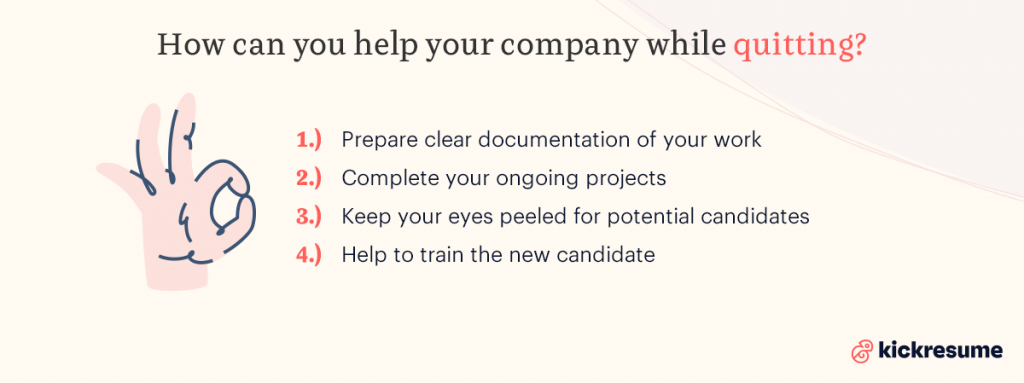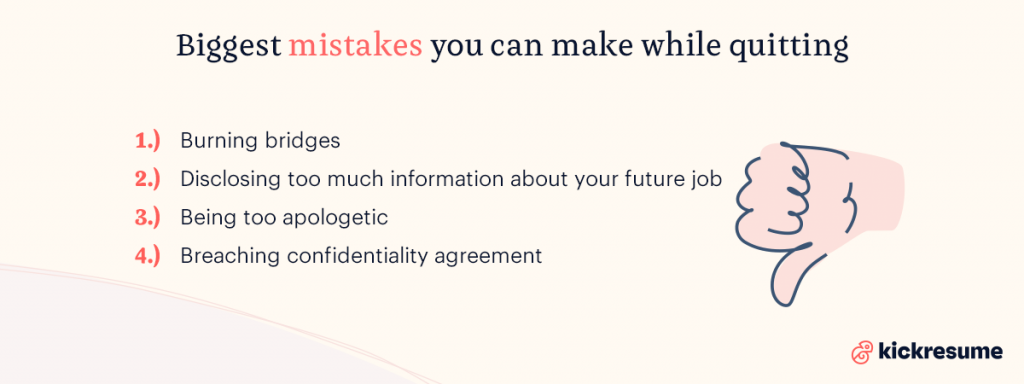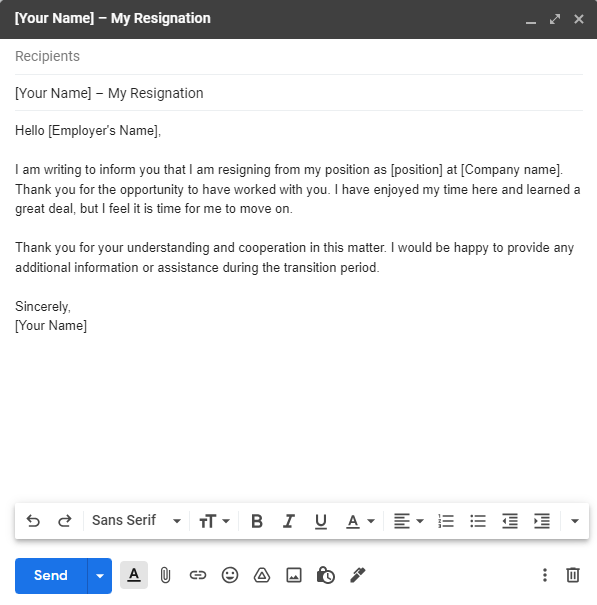How To Tell Your Boss You're Quitting

The act of resigning, a pivotal moment in any professional's journey, often triggers a mix of anxiety and anticipation. Navigating this transition with grace and professionalism is critical, not just for maintaining relationships but also for safeguarding future opportunities. Improper handling can damage your reputation and burn bridges.
This article provides a structured guide on how to effectively communicate your departure to your manager, emphasizing clarity, respect, and adherence to established workplace norms. Understanding the nuances of resignation etiquette is crucial for a smooth exit and a positive lasting impression. It is important to deliver the information in a way that minimizes disruption and reflects your commitment to a seamless handover.
Preparing for the Conversation
Before scheduling that crucial meeting, take time for thoughtful preparation. First, solidify your decision. Ensure that you're absolutely certain about leaving your current position.
Next, draft a formal resignation letter. This letter should be concise, stating your last day of employment and expressing gratitude for the opportunities you've been given. Keep the tone positive and professional.
Finally, consider your team and your responsibilities. Think about any ongoing projects or tasks that need to be transitioned, and jot down potential solutions or handover plans. Being proactive shows respect and consideration.
Scheduling and Conducting the Meeting
Approach your manager directly to request a private meeting. Avoid discussing your resignation with colleagues before informing your boss. This shows respect for the reporting structure.
When you meet, deliver your news face-to-face, with confidence and respect. Start by expressing your gratitude for the opportunity to work at the company. Then, clearly state your intention to resign.
Present your resignation letter at the beginning of the conversation. This provides a written record of your decision and clarifies your intentions. It also acts as a formal notification for Human Resources.
Key Elements of the Conversation
Be clear and concise when explaining your decision to leave. While you're not obligated to provide extensive details, offering a brief explanation can help your manager understand your perspective. Avoid being overly negative or critical of the company.
Focus on expressing gratitude for the opportunities and experiences you gained. Acknowledge the contributions that the role has made to your professional growth. This fosters a more positive and understanding environment.
Offer your assistance with the transition process. Indicate your willingness to help train your replacement and document your processes. This demonstrates professionalism and a commitment to minimizing disruption.
Navigating Potential Reactions
Be prepared for a range of reactions from your manager. Some might be supportive, while others might be surprised or even disappointed. Remain calm and professional regardless of their response.
If your manager attempts to persuade you to stay, listen respectfully to their counter-offer. However, stand firm in your decision if you are confident that leaving is the best course of action. Do not be pressured into reversing your decision if you are not comfortable with it.
If asked about your next opportunity, provide a brief and professional answer. It is not necessary to disclose sensitive details about your new role or salary. Maintaining confidentiality is crucial.
Following Up and Finalizing the Exit
After your meeting, send a follow-up email to your manager reiterating your resignation and thanking them for their time. This reinforces your commitment to a smooth transition.
Work closely with your manager and Human Resources to complete any necessary exit paperwork and procedures. Ensure all your responsibilities are handed over effectively. Be transparent and organized during this crucial final phase.
Maintain a positive attitude and professional demeanor throughout your remaining time at the company. Your final actions will leave a lasting impression on your colleagues and management.
The Lasting Impact
Exiting a job gracefully is crucial for your professional reputation. According to a 2023 survey by LinkedIn, 85% of employers check references during the hiring process. Leaving on good terms significantly increases the likelihood of receiving a positive reference.
Maintaining a positive relationship with your former employer can open doors to future opportunities. Networking within your industry is often essential, and a positive past experience can create valuable connections.
The way you handle your resignation can impact your personal brand. Demonstrating professionalism and respect strengthens your image as a reliable and trustworthy individual. Building your personal brand helps to advance your future career.



:max_bytes(150000):strip_icc()/how-to-tell-your-boss-you-re-quitting-your-job-2063035_FINAL-5b88037cc9e77c002cc6f46c.png)














